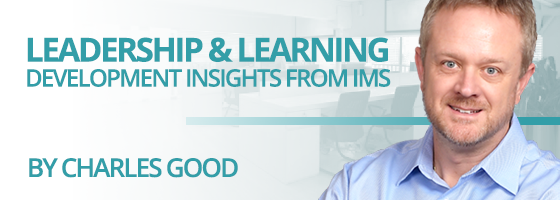We live in a culture obsessed with personal productivity and are constantly devouring books on getting things done and doing more in less time. Some of us even boast about being busy, wearing it as a badge of honor. During the COVID-19 crisis, the boundary between work and home has been permanently blurred. Many of us are on call 24/7 while trying to have some semblance of a work-life balance. We are constantly looking for ways to get more done and to become a more productive leader.
Best-selling author and productivity expert, Adam Grant, states, “Being prolific is not about time management. There are a limited number of hours in the day, and focusing on time management just makes us aware of how many of those hours we waste. A better option is attention management.” He advocates to change your ‘why’ by not focusing on the end goal (e.g., specific productivity target realized per hour or day) but instead look at ‘the why.’ Why are you excited to do this project? By doing so, you will not have to rely on a limited supply of willpower to push you; rather, you will be pulled by a strong intrinsic desire.
Dr. Cal Newport, in his best-selling book Deep Work, provides an equation for productivity. He states that producing high-quality work is a result of time spent and intensity of focus. He contrasts this with ‘busyness’ as a proxy for productivity. Since in the absence of clear indicators of what it means to be productive, many will use the metric of doing lots of things in a visible manner.
During his recent program for The Institute for Management Studies, productivity expert and author Jason Womack shared some insights from his books Your Best Just Got Better and Get Momentum. Below are a few of my personal favorites that he shared during his program on becoming a more productive leader.
MANAGING EMAIL MESSAGES
- Change the subject line of that email to tell yourself what you need to do. If it requires an email back, then write ‘Email,’ if it requires a call, then write ‘Call’, and if it requires you to wait on that person, then type ‘Wait.’ By doing this at the end of the day, you can now sort your emails by subject so you know what still needs to be done.
KEEPING FUTURE EVENTS ON YOUR RADAR
- 30/30 rule – For 30 minutes each week, look at your calendar at least 30 days from today and identify events that would benefit you from spending more time on in the next week. By doing this, you will help to ensure that nothing will sneak up on you.
FOCUSING ON YOUR MITS
- Each morning, or the night before, pick your top three most important things – your MITs (most important things). Ideally, you want to spend the first part of your day on these tasks until they are completed.
WHY PRODUCTIVITY EFFORTS FAIL
- Not using use the system consistently for a long enough time. Realistically, you should try each system for at least 90 days.
- Engaging in unsustainable productivity. The key lesson here is to get the same amount of work done when you start a productivity system. Don’t think you can get double or triple the amount of work done – it will likely not happen and will only cause you to get discouraged.
Remember being productive is not about doing more but about doing things more efficiently. Start today and invest time in these proven strategies to get more done.
ABOUT CHARLES GOOD
Charles Good is the president of The Institute for Management Studies, which provides transformational learning experiences that drive behavioral change and develop exceptional leaders. Charles is an innovative and resourceful leader who specializes in bringing people together to develop creative organizational and talent strategies that enable business results. His areas of expertise include assessing organizational skill gaps and leading the design, creation and delivery of high impact, innovative learning solutions that achieve business goals.
